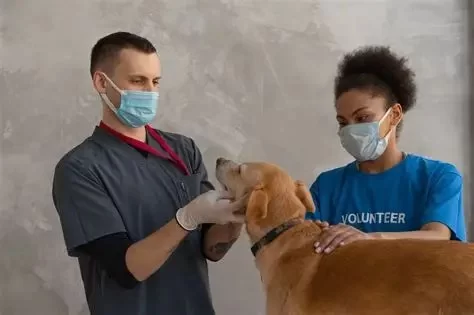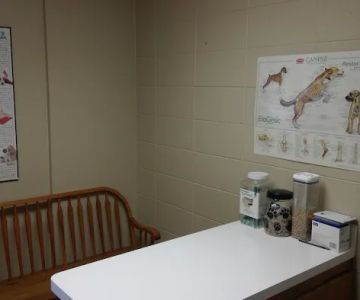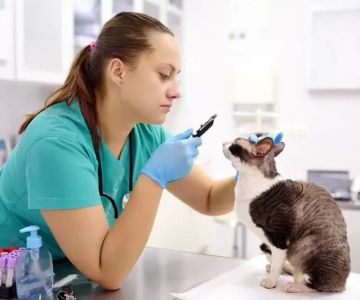- How Vets Detect Cancer in Pets
- Early Screening Tests for Pet Cancer
- Warning Signs of Cancer in Pets
- How to Prepare for a Vet Visit
- What You Can Do to Help Your Pet
How Vets Detect Cancer in Pets
Detecting cancer in pets is an essential part of maintaining your furry friend's health. Vets use a combination of physical exams, diagnostic tests, and imaging to detect cancer at its earliest stages. Some common diagnostic tools include blood tests, X-rays, ultrasounds, and biopsies. Vets also pay close attention to any unusual symptoms your pet might show, such as unexplained weight loss, lethargy, or changes in appetite.
One of the most effective ways vets detect cancer is through regular wellness checks. Regular checkups can help spot any changes in your pet's body that may indicate something is wrong. If your vet notices any suspicious lumps or abnormalities during a physical exam, they will likely recommend further testing, such as a biopsy, to confirm if it's cancerous.
Early Screening Tests for Pet Cancer
Early screening for cancer can increase the chances of successful treatment and prolong your pet's life. There are several tests that can help detect cancer before symptoms even appear. Blood tests are commonly used to look for markers that suggest cancerous changes, while imaging tests like X-rays and CT scans can help identify tumors or abnormal growths inside the body.
In some cases, vets may recommend genetic screening or advanced imaging technologies, which allow for more precise detection of certain types of cancer. These methods can sometimes identify cancer at its very earliest stages, when treatment options are more effective.
Early screening is especially important for breeds known to be more prone to cancer, such as Golden Retrievers, Boxers, and Bernese Mountain Dogs. By starting screening tests early, your vet can catch cancer before it spreads, giving your pet the best chance for recovery.
Warning Signs of Cancer in Pets
As a pet owner, being aware of the warning signs of cancer can help you detect it early. Common signs that your pet might have cancer include:
- Unexplained lumps or bumps under the skin
- Unexplained weight loss or loss of appetite
- Persistent coughing or difficulty breathing
- Changes in bathroom habits, such as diarrhea or constipation
- Excessive bleeding or unusual discharge
- Persistent vomiting or lack of energy
If you notice any of these symptoms, it's important to schedule a visit with your vet as soon as possible. The earlier cancer is detected, the better the chances of successful treatment.
How to Prepare for a Vet Visit
When preparing for a vet visit, it's essential to gather as much information about your pet's symptoms as possible. Note any changes in behavior, diet, or physical appearance, and provide this information to your vet. Bring a list of any medications your pet is currently taking, as well as any relevant medical history.
Your vet may recommend a variety of tests to determine whether cancer is present. Depending on the results, they may suggest further diagnostics or refer you to a specialist for more advanced treatments. Be prepared to discuss treatment options and next steps in detail with your vet, as early intervention is key to improving your pet's prognosis.
What You Can Do to Help Your Pet
As a pet owner, one of the best things you can do to help prevent cancer is to ensure your pet leads a healthy lifestyle. Regular exercise, a balanced diet, and avoiding exposure to harmful substances can reduce your pet's cancer risk. Regular wellness exams at Hidden Brook Veterinary will also give your pet the best chance at early detection.
If your pet has already been diagnosed with cancer, it's essential to follow your vet's advice on treatment and care. Options may include surgery, chemotherapy, or palliative care, depending on the type and stage of cancer. Stay involved in your pet's care, ask questions, and provide them with the support they need during treatment.
For additional guidance and to find the best products or services for your pet's needs, visit Hidden Brook Veterinary. Our team is dedicated to providing expert care and advice for pets at all stages of their lives, helping you ensure your furry friend stays happy and healthy.












